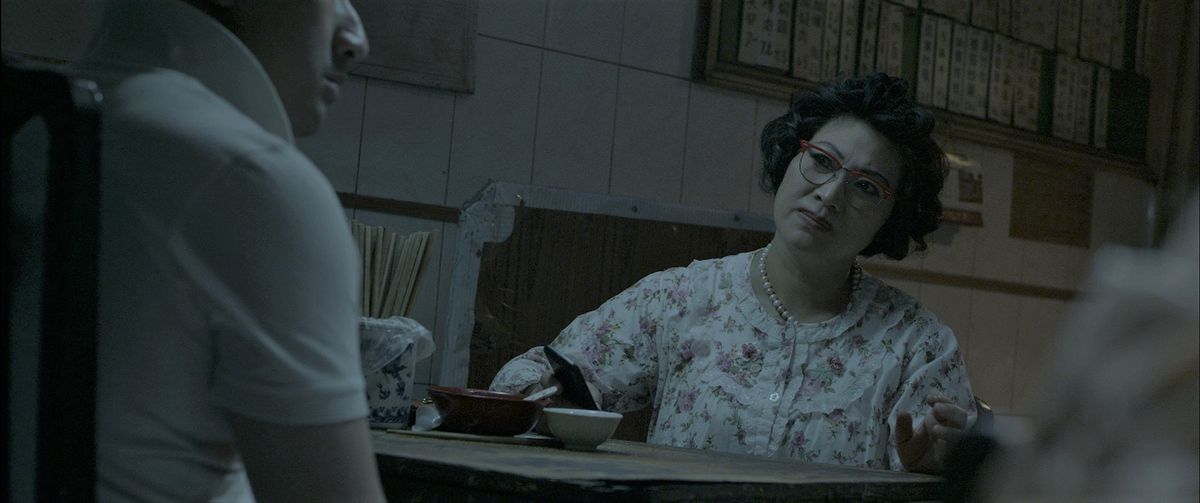Fresh off a tour of festival screenings and awards in the US and Ireland, Italian director and cinematographer Gianpaolo Lupori sits down to talk with us about China, his latest film, and the human flesh search engine.
EastIndie: You’ve made Shanghai your home for the past eight years. How has it changed over that time?
Gianpaolo Lupori: For a long time, Shanghai for the west has been this very alluring thing, shrouded in mystery with a sensual side. But now, it isn’t this place that is so far off anymore that you just can make it up. It’s not this distant location which is just about politics and economics. It’s become an integrated part of the world and it wouldn’t be the city it is without foreign influence.
EI: Is there anything you hope to accomplish in working as a filmmaker in China?
GL: I’m always trying to challenge myself by trying to create a bridge—to do something which allows both foreigners and Chinese to connect and identify with China. As a foreigner you feel—at least I do—a lot of pressure in portraying a culture you don’t necessarily belong to and the Chinese are so sensitive about it because they’ve been misrepresented so much.
EI: Is there a particular kind of film you wanted to make?
GL: Ultimately, I’m interested in making movies about things I don’t know about. The things that fascinate me, if I’m interested in something and I don’t know anything about it, it gives me an excuse to find out about it.
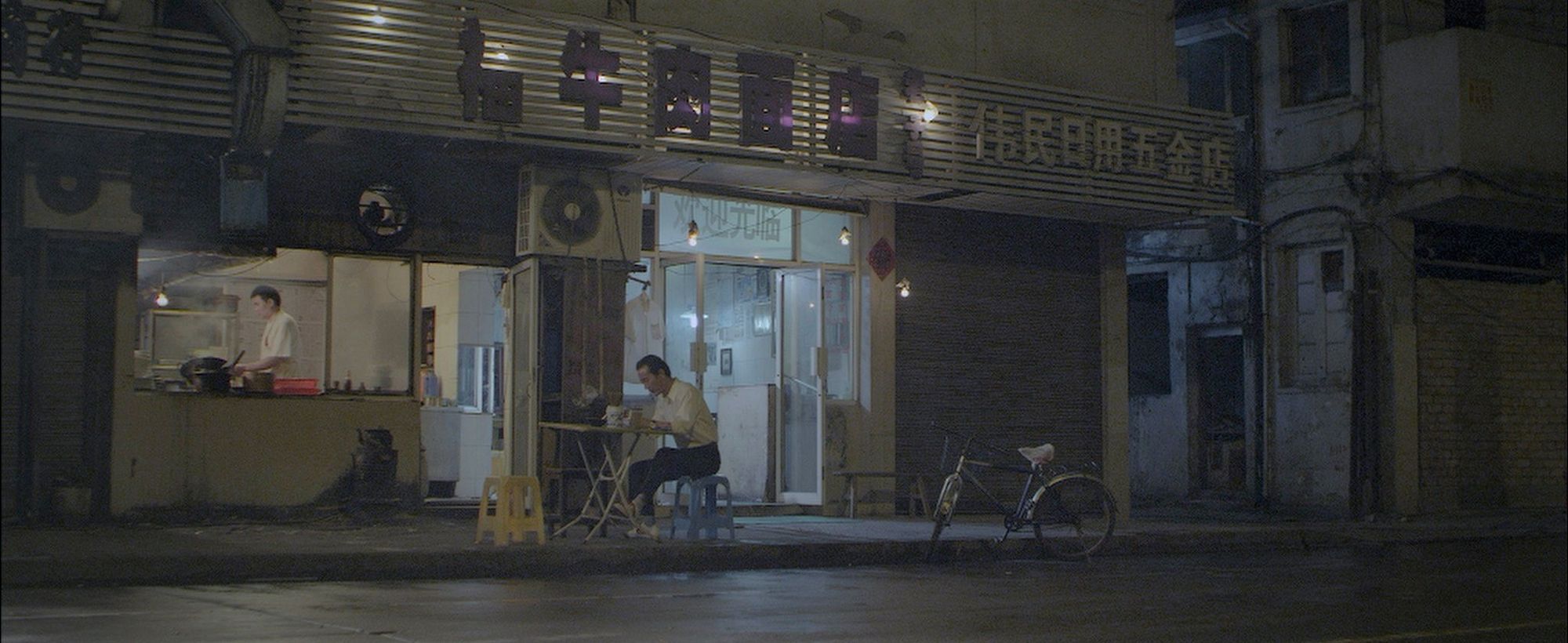
EI: Technology is something which features prominently in Nighthawks, as well as some of your earlier films. Is this a conscious obsession on your part?
GL: It’s more about communication technology or forms of communication, not a fetish for technology. I’m a bit of a rebel against social media. I don’t use it.
EI: Is there anything unique about the state of the internet and social media in China today?
GL: There is a huge misconception about what the internet in China is like. It’s true you have some restrictions, but it isn’t just about the Great Firewall or the absence of Facebook and YouTube and Twitter. In isolation this whole ecosystem has developed and it’s connected. It’s like discovering this island where things have grown out of proportion in strange ways.
"I’m a bit of a rebel against social media. I don’t use it."
EI: Do you think Chinese people have a lot of cynicism towards what they see and hear in official media?
GL: I think they believe it even less than foreigners do. They have this way of hearing bullshit that doesn’t make them angry. They have a way of reading between the lines and understanding how their meant to receive it and step into line, but at the same time they’re always trying to find ways within that space to make the most out of it. It’s easy to forget that people in China want to get on with their lives.
EI: Where did the idea for the Nighthawks come from?
GL: This is something which had been germinating for a long time. In the beginning it was a reaction against the utopianism of the internet—to the idea that Facebook had caused events such as the Arab Spring, and that it was going to save the world. I think it’s a bunch of bullshit.
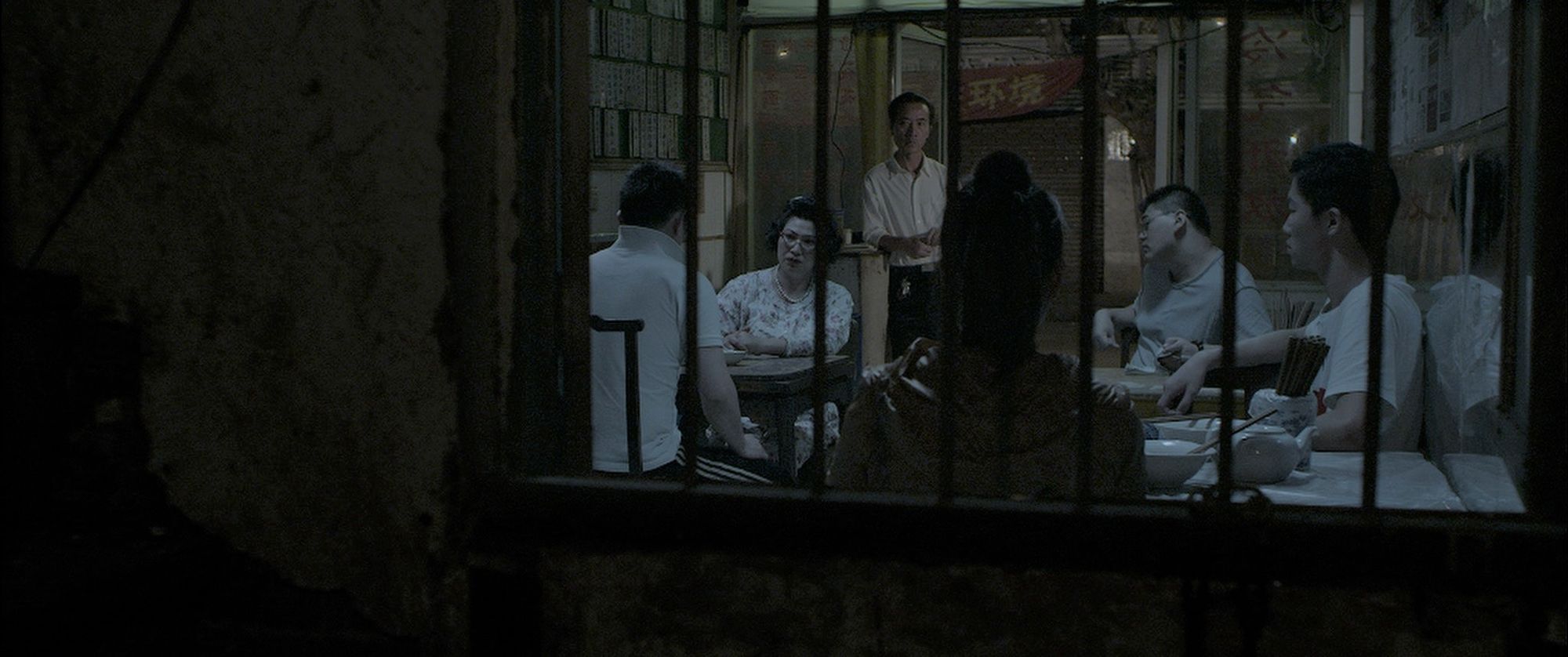
EI: Where did you find the location?
GL: It’s in Shanghai. It was just north of Suzhou Creek in Hongkou District. It had to be on a quiet street, somewhere they would allow us to shoot. I wanted it to be set at night. That whole block was dead and they were going to demolish it, so they let us trash it a bit.
EI: Did you have to put a lot of work into enhancing the location?
GL: The place didn’t look like that. It was a restaurant, but the inside, it needed a lot to tick a lot of boxes. We were lucky to have a large art department. The mirror, we put in, cracked it, and scotch-taped it, put newspaper all around. I wanted to make it feel like it was the only place open, like a nightmare for the characters that are there.
"I wanted to make it feel like it was the only place open, like a nightmare for the characters that are there."
EI: The film makes references to the human flesh search engine—a phenomenon of people engaging in collective research on the internet and something which has often been associated with forms of vigilantism. Do you think technology is capable of leading people into such a dark corner?
GL: You do things through digital interfaces, the effects of which you don’t completely comprehend and you don’t really completely take responsibility for. But, technology itself doesn’t control us. Instead, it allows certain darker aspects which are buried within us to come to the surface. On the other hand, it’s also a way for people to finally get to the bottom of things and fulfill certain urges and needs for truth and connection which are otherwise being kept from them.
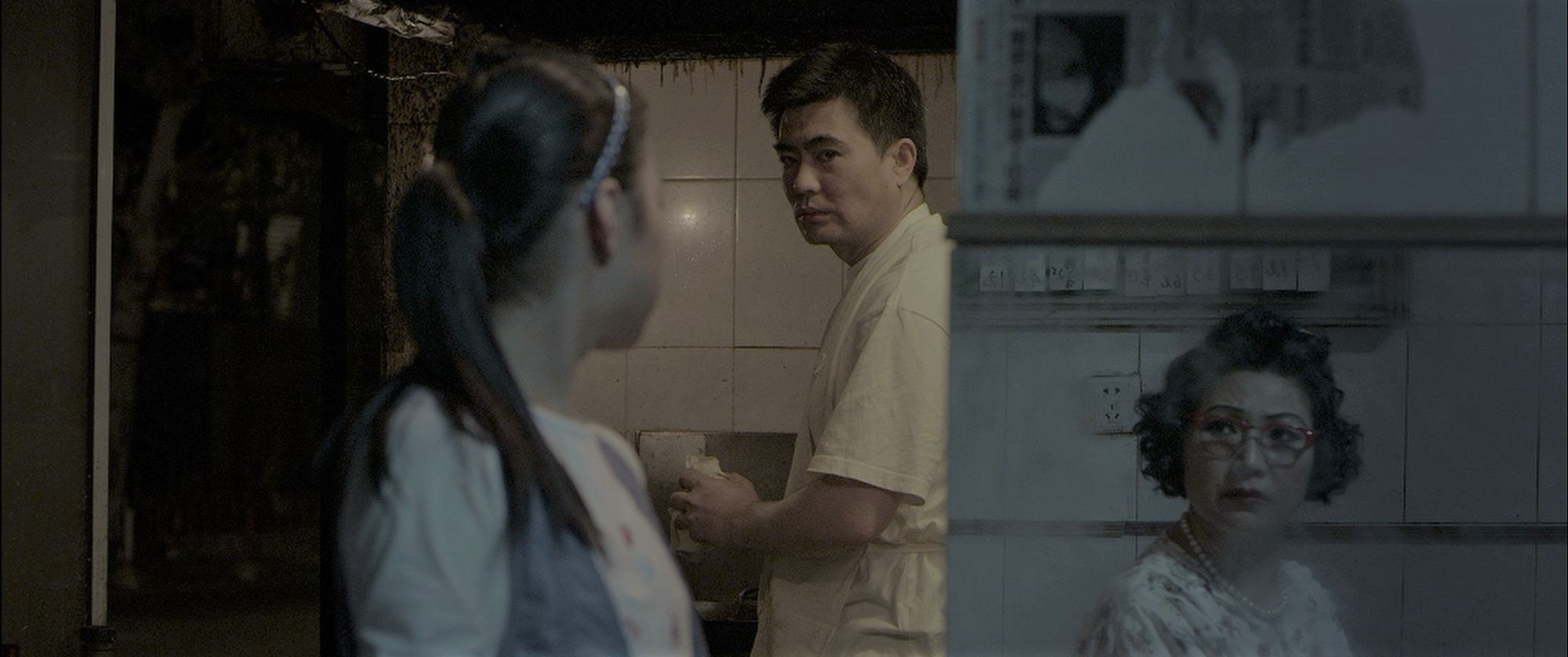
EI: Given what happens in Nighthawks, is the woman the real bad guy here or has everyone been implicated in the outcome?
GL: The woman looks like she could’ve just popped out of a manhole from hell. She’s obviously this really dark or at least deranged woman. But, it’s possibly even a darker story than anyone actually realizes. There is no redemption, there are no good characters. Everyone is a victim and everyone is a perpetrator.
EI: Do you think what happens in the film could actually happen?
GL: A lot of things which are said in the movie were derived from things which were actually said online. Some of it was verbatim picked off and actually a couple lines had to be smoothened off because some of it was so incredibly vicious and violent and that I actually had to back down from it. But, no, what happens specifically in Nighthawks, I don’t believe this would happen. It’s more of a what-if scenario. It’s intended as fiction and metaphor.
"It’s possibly even a darker story than anyone actually realizes. There is no redemption, there are no good characters."
EI: You mentioned earlier that you’re not a user of social media. Is there a parallel between the way you approach social media as an outsider and your experience in China?
GL: Definitely there is. I’m a complete outsider in both worlds. But, there is a benefit of being an outsider in certain situations, you see things differently. Culture in general is transparent to us there are a lot of things we just don’t see from the inside. And, for people who are completely immersed in social media it’s natural. But, when you see either of them from the outside things stick out and they’re completely messed up.
EI: Do you have a process you follow when making a film like Nighthawks?
GL: It’s as much about control as it is about losing control. It’s difficult when you’re on shoot. There are so many shots that should’ve happened there that didn’t. Ultimately, though, if you have the right approach and the story is good, you don’t need to do something that is that funky.
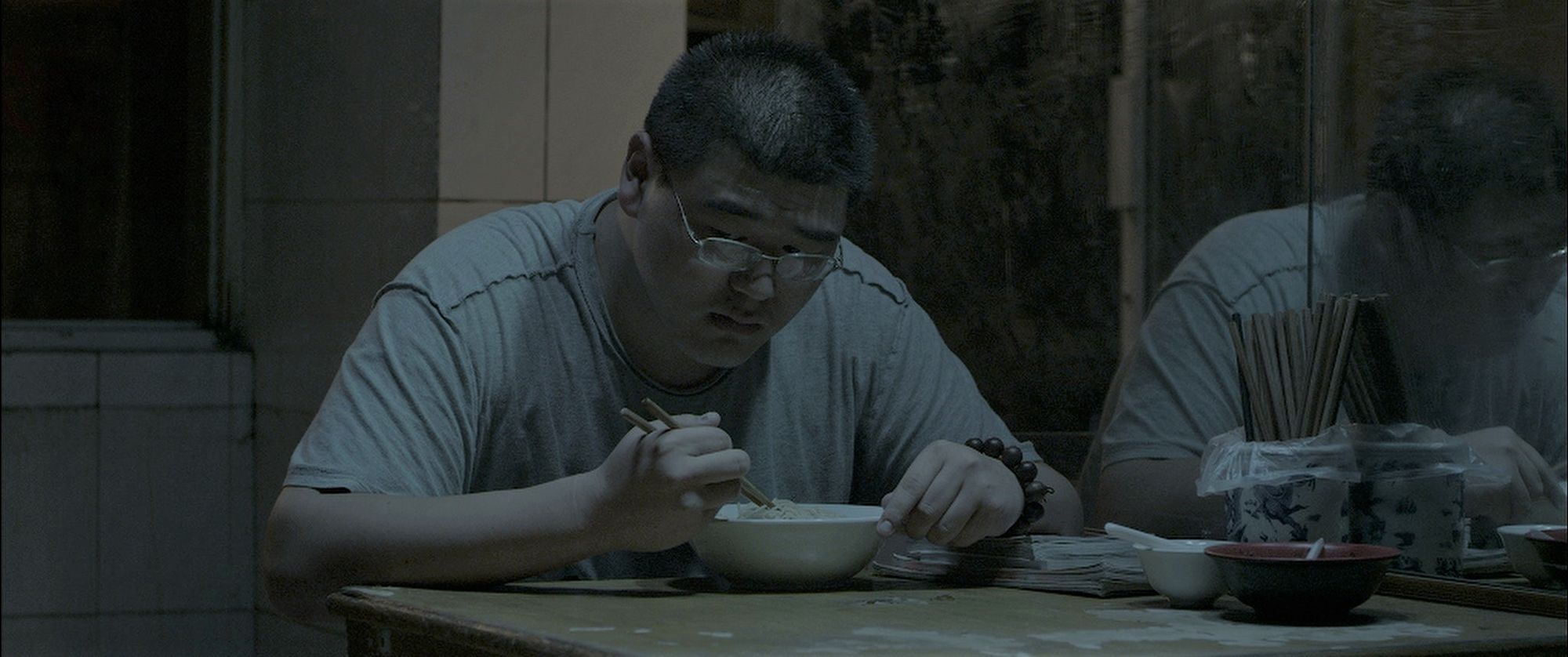
EI: You’re both the director and cinematographer on Nighthawks. Did this impact how you approached making the film?
GL: All of my films I’ve shot and directed. As a director, I would love to have a DP I could trust. It’s possibly the most important relationship on set. The actors do so much, but to be able to have a vision for what the impact is going to be on screen, it’s the director and the DP who carry the whole thing. If someone is dealing with the image, you can spend more time doing other things. Especially between shots and your setting up lights, as a director, that’s when you should be working with actors.
EI: What do you hope your audience takes away from the film?
GL: My hope is that someone will be eating noodles and start looking around and feel uncomfortable with the idea that the person next to you could know everything about your life.
